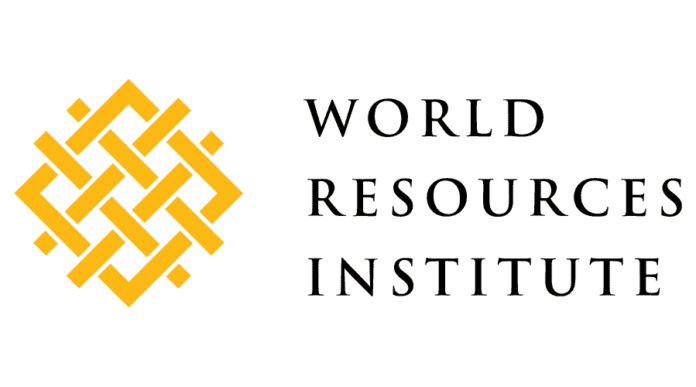Bangalore, September 9, 2022: NITI Aayog, in collaboration with World Resources Institute (WRI) India, and supported by the World Economic Forum, CALSTART and RMI India, launched India’s first national electric freight platform—e-FAST India (Electric Freight Accelerator for Sustainable Transport – India).
The e-FAST platform brings together different stakeholders, from across the freight ecosystem, to strengthen partnerships and identify and support innovative freight solutions. The first-of-its-kind platform aims to raise awareness on freight electrification bolstered by on-ground demonstration pilots and evidence-based research. e-Fast India will also support scalable pilots and inform policies aimed at accelerating freight electrification in India.
Speaking at the launch, Shri Sudhendu J. Sinha, Advisor (Infrastructure Connectivity & E-Mobility), NITI Aayog, said, “The freight sector plays a key role in India’s economy enabling the delivery of goods and critical resources. During the COVID crisis, the freight sector sustained its growth, despite disruptions, ensuring a steady movement of essential goods and medical supplies across India.”
Dr. Surendra Ahirwar, Joint Secretary, Department for Promotion of Industry and Internal Trade (DPIIT), pointed out, “With India being the third-largest truck market, after China and the United States, early adoption of zero-emission trucks would be instrumental in not only accelerating domestic climate imperatives but also in supporting global climate action.
Today, nearly 71% of all freight transported in the country is completed by road. Freight activity is expected to increase five-fold by 2050, corresponding to a vehicle stock of about 50 million. Studies have estimated that if left unchecked, freight emissions could grow to over 1,214 million tons by 2050 — a staggering 451% increase from 2020 levels.
Dr. OP Agarwal, CEO, WRI Indiasaid, “Road freight is a high-impact area for reducing transport emissions. Expanding fleet sizes and operations, with its implications on greenhouse gas emissions and fuel price volatility, underline the imperative to transition to electric freight.”
The launch of the e-FAST India platform witnessed participation from major automobile industry players, logistics companies, development banks and fin-tech companies. The launch was followed with WRI India unveiling its Total Cost of Ownership (TCO) EValuator. The TCO Evaulator is an intuitive excel-based application. It analyses cost components and performance parameters of light/medium/heavy-duty freight, and compares electric variants with its diesel/petrol/CNG counterparts, to identify their impact on TCO per km. This comparison offers valuable insights to policy makers, fleet operators, manufacturers and owners. The EValuator can be accessed here – https://www.wricitiesindia.org/content/tco-evaluator
During the event NITI Aayog and RMI also released a report that highlights how India can capture the far-reaching benefits of a zero-emission trucks (ZETs) future through a blend of technology advancement, innovative business models, policy, and financing.
The Government of India is currently supporting low-carbon mobility through a slew of supportive polices including the FAME scheme, Production Linked Incentive (PLI) scheme for Advanced Cell Chemistry (ACC) battery storage, battery swapping, the scaled-up program for 50,000 e-buses, and operationalization of a dedicated freight corridor. In addition to these initiatives, developing a unified e-freight platform will pave the way for a more efficient and sustainable transport sector in India

